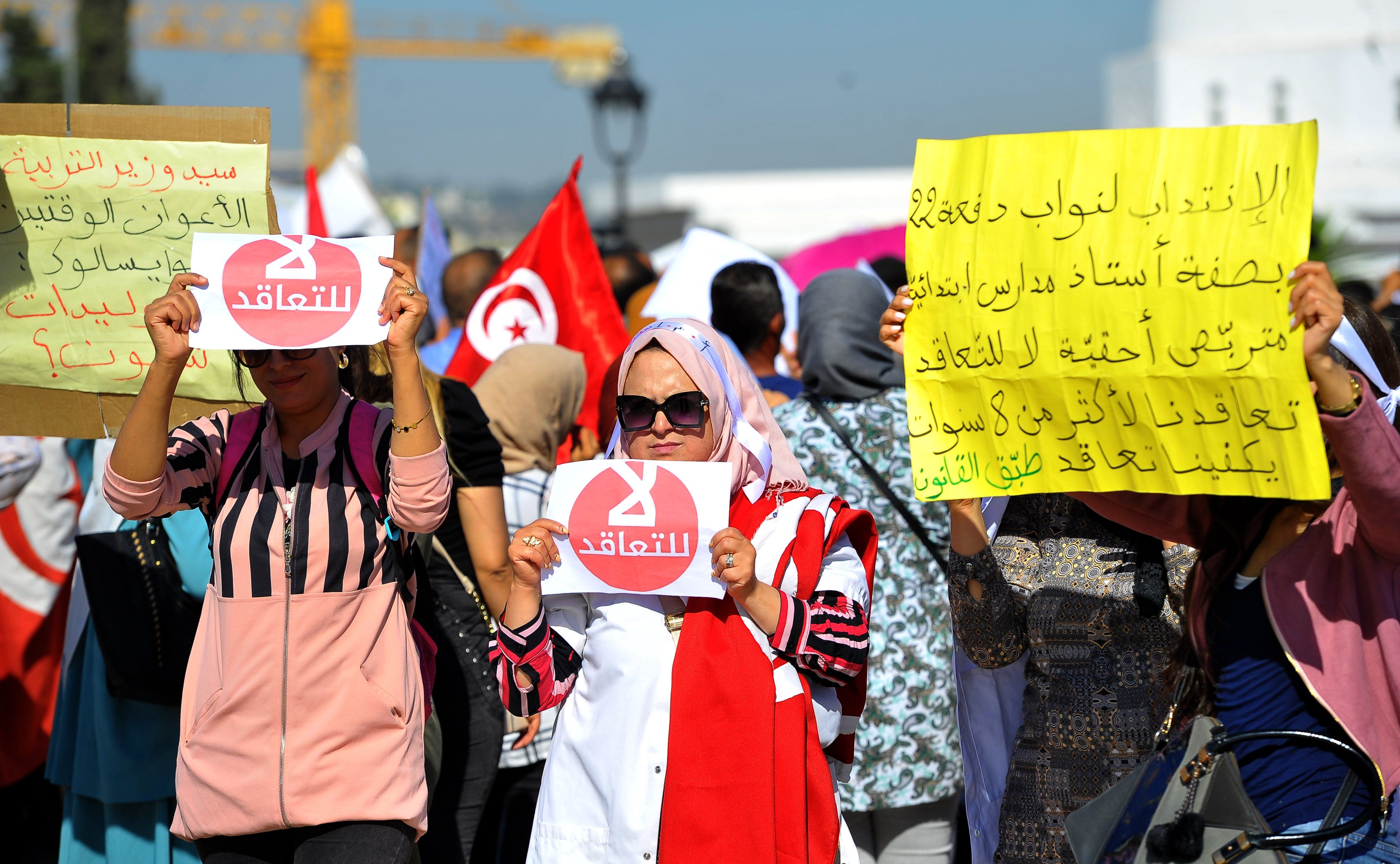Hard Numbers: No cash for Tunisia’s teachers, no surprises for Uzbekistan’s president, no respite for Arizona’s heat, no place like home for gold bars
0: There were zero surprises in natural gas-rich Uzbekistan’s tightly managed presidential election on Sunday, as incumbent Shavkat Mirziyoyev took nearly 90 percent of the vote. Mirziyoyev, who rose to power after the death of Soviet-era strongman Islam Karimov in 2016, is credited with economic reforms and a measure of political liberalization. But he’s also changed the constitution to permit him to stay in power until 2040.
18: Hot enough for ya? With a punishing “heat dome” hovering over Arizona, scientists warn that the southwestern US state could be on track to break its record of 18 consecutive days in which temperatures surpass 110 F. The current mark was set in 1974. So far, the streak is at nine days.
68: Keep your friends close, but your gold closer. More than two-thirds (68%) of the world’s central banks currently hold at least part of their gold reserves domestically, according to a new survey. That’s up 18 points since 2020. The reason for the increase? Central banks in countries worried about future US sanctions — including Turkey and China — are keener to keep their stashes at home these days.
